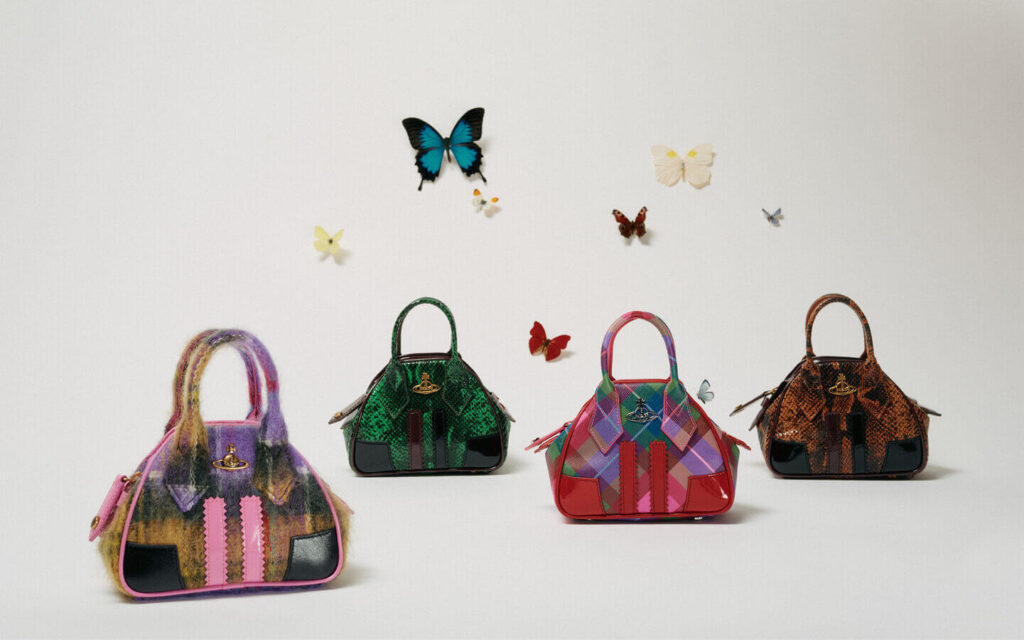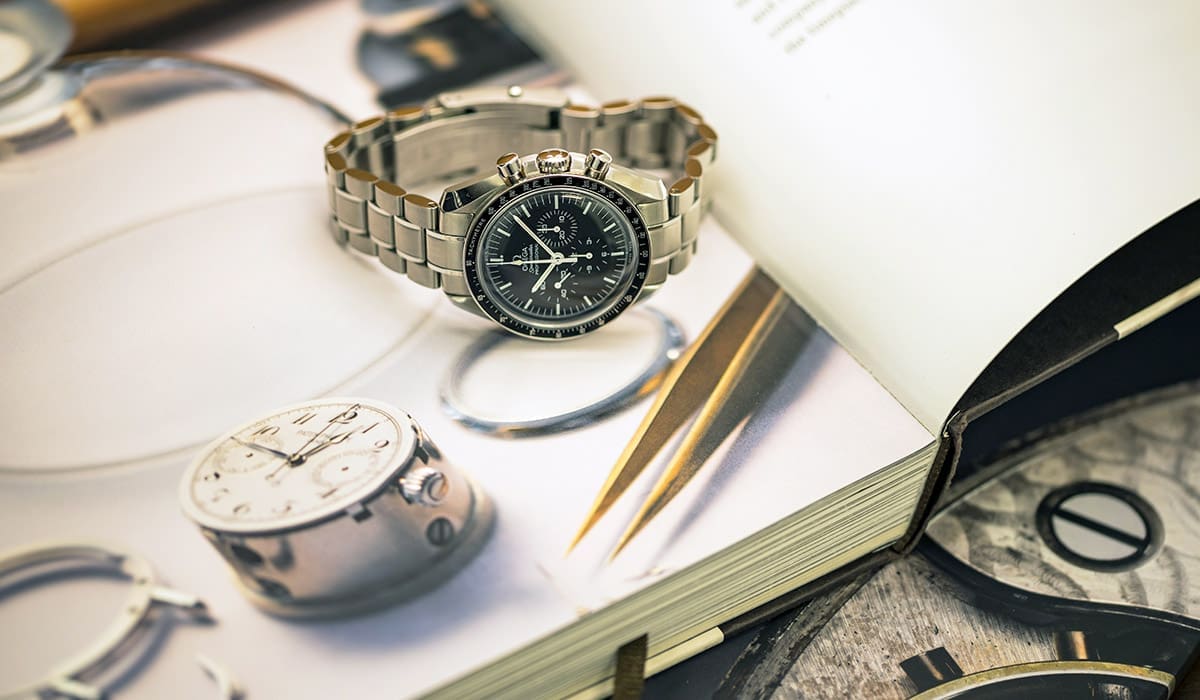
If I had cheekbones, everything would be OK. That’s what I used to tell myself when I was a teenager, anxiously thinking about my future. For many years, I thought more about my lack of cheekbones than my academic or career success. Like many women my age, I fetishised slim, angular faces with big features. The kind seen in fashion campaigns, Winona Ryder films, and Mizz, the now-defunct teen magazine. I would look in the mirror at my face, pull my cheeks back with my palms and think, “that’s better”. Sometimes I still do this.
Linda Evangelista is one of the world’s most beautiful women: her beauty is the reason she is famous. So when I heard that the 56-year-old Canadian supermodel had been left “permanently deformed” by a fat-freezing cosmetic procedure, my first instinct was to despair that not even someone like her was immune to the impossible beauty standards facing women. My second was to pull my cheeks back.
In today’s world, it would be easy to think that beauty is no longer defined by a one-size-fits-all model. The body positivity movement has made space for plus-size women in mainstream media; the Victoria’s Secret show has been usurped by Rihanna’s famously diverse Savage x Fenty spectacle; there’s even a social media trend dedicated to women not wearing makeup – didn’t One Direction say that’s what makes us beautiful?
The truth, of course, is that regardless of cultural advancements and Harry Styles and co’s lyrics, beauty standards are still deeply entrenched in society. Women who conform to conditions that society deems conventionally attractive, whether naturally or otherwise, are likely to move through the world with greater social and economic currency. Those who do not will not be granted the same concessions. It’s a concept known on social media as “pretty privilege” – and it was being discussed so fervently on TikTok last week that it was covered on BBC Radio 4’s Woman’s Hour.
As a supermodel, Evangelista is a hyperbolic example of how “pretty privilege” operates. Here is a woman whose entire career was built off her looks. A woman who has fronted roughly 700 magazine covers and once famously said that supermodels “don’t wake up for less than $10,000 a day”. And yet this catwalk juggernaut has been in hiding for the past five years. Why? Because her face has been left “brutally disfigured” by a CoolSculpting procedure designed to treat “visible fat bulges” under her chin and jawline. Read between the lines and the bleak subtext is that Evangelista feared she was losing her “pretty privilege” and doesn’t know how to move through the world without it.
Take one look at the mother-of-one’s Instagram feed and you’ll find mostly nostalgic throwbacks to Evangelista’s heyday. A happy birthday message to fellow supermodel Naomi Campbell comes in the form of a black-and-white photo from the 1990s, a tribute to the late Lanvin creative director Alber Elbaz is a snap from a fashion party in 2005, and even her 53rd birthday was marked with an “FBF” [flashback Friday] post of a Vogue Italia cover from 1994. Evangelista is living in the past because that was when her aesthetic capital was at its peak, and she’s been socially conditioned to believe that it’s been dwindling ever since. We all have.
As feminist scholar Naomi Wolf argues in her bestselling book, The Beauty Myth, youth is the paradigm of beauty. Ageing, meanwhile, “is ‘unbeautiful’ since women grow more powerful with time”. This, she writes, is just one of the many ways that society has been designed to uphold the patriarchy. And despite the fact that Wolfe’s book was published in 1990, almost everything she writes is relevant some three decades later, particularly where age is concerned.
For a while, British Vogue published an “ageless style” issue. Once a year, women over the age of 50 would grace the fashion bible’s cover, somewhat ironically highlighting that they didn’t for the other 11 issues of the year. In 2019, the magazine was widely praised for putting Jane Fonda, 81, on the cover of its “ageless special” supplement, which was designed to promote diversity and tackle the age discrimination women face in the fashion industry and beyond. Few pointed out that Fonda’s cover was secondary to that of the actual May issue, which was fronted by Kate Moss, who is 37 years her junior.
If Evangelista has taught us anything this week, it’s that the pressures placed on women to look a certain way aren’t getting any better. In fact, I’d say they’re getting worse. Social media has made us all so much more visible, which has not only meant beauty standards are even more important, but that they are even more unrealistic. It’s got to a point whereby social media platforms are even facilitating this by continuously releasing new filters that allow users to enhance their appearance, some of which have even been designed to make it look as if you’d had cosmetic surgery.
Then there’s “Instagram Face”, a term coined by New Yorker writer Jia Tolentino to describe the “white but ambiguously ethnic” face (it’s often viewed as a cross between Bella Hadid and Kendall Jenner) that is universally sought-after, online and off. The idea is that if you don’t look like that, there are now tools to make it seem like you do.
I’d love to think that Evangelista would still front magazines or campaigns with a “disfigured” face. But I have a hard time thinking she’d be viewed in the same way. Instead, it would be seen as some sort of progressive step, as with Fonda’s “ageless style” cover. I can practically hear the fusty businessmen in suits saying post-CoolSculpting Evangelista would be the perfect person to represent “real women” in their latest campaign.
Perhaps, then, it isn’t that Evangelista doesn’t know how to live in the public eye without her “pretty privilege” but that she simply doesn’t want to. Quite frankly, with pressures like these, who could blame her?
Read More
Charity issues guidance on what women should do if stopped by a lone
police officer
Everard case shows allegations of violence against police are ‘not taken seriously’
The groups to support to help end violence against women and girls
Is the pandemic the end of lipstick? Probably not
Grimes says baby son X Æ A-Xii calls her by her first name instead of mama
Angelina Jolie ‘honoured’ to meet gymnasts who testified about sexual abuse





More Stories
5 Tips For Launching a Blog to Highlight a Brand
Promotions – a holiday gift for shopper and retailer
10 Makeup Items I Reach For Everyday & Would Never Be Without – The Anna Edit